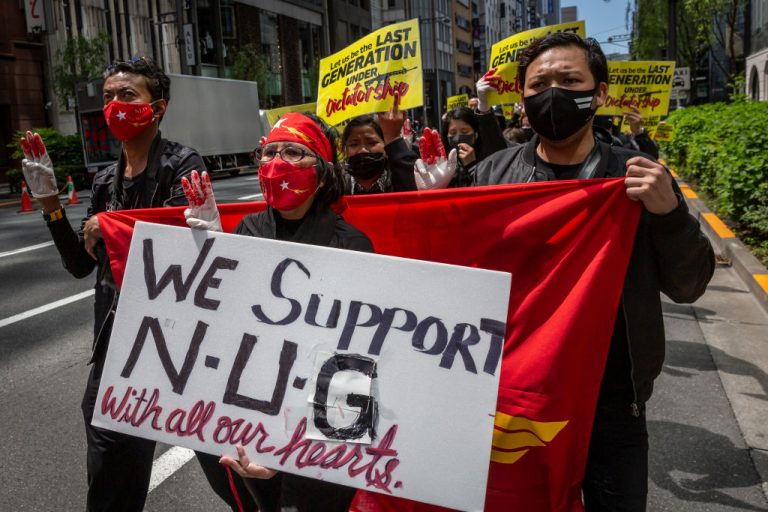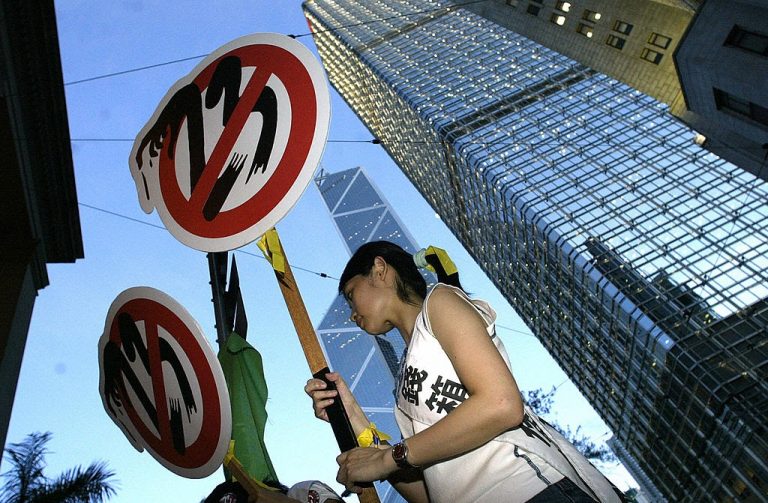Ousted Myanmar leader, Aung San Suu Kyi also called Daw Aung San Suu Kyi, has been found guilty of inciting dissent and breaking COVID-19 rules and was subsequently sentenced to four years in prison by the countries junta led courts before chief Min Aung Hlaing halved her sentence to two years.
Suu Kyi, 76, was Myanmar’s state counsellor and de facto leader prior to being ousted and detained by the Myanmar military some 10 months ago. In total, the embattled leader faces a dozen charges that have a combined maximum sentence of more than 100 years.
It is unclear whether or not Ms Suu Kyi will be placed in prison. Currently, she is being held at an undisclosed location.
On Monday, co-defendant. Win Myint, the former president and Ms Suu Kyi’s National League for Democracy (NLD) party ally, was jailed for four years under the same charges.
MIchelle Bachelet, a UN Human Rights chief called the trial a “sham” and said it would only “deepen rejection of the coup,” while UK Foreign Secretary Liz Truss called on Myanmar to release all political prisoners and allow a return to democracy, the BBC reported.
Success
You are now signed up for our newsletter
Success
Check your email to complete sign up
“The arbitrary detention of elected politicians only risks further unrest,” Truss said.
The charges
The 76-year-old is facing numerous charges including several counts of corruption and violating the official secrets act.
In a bizarre turn of events Ms Suu Kyi was convicted of violating COVID-19 restrictions while campaigning during last year’s election; she reportedly had waved to supporters from a vehicle while wearing a mask and face shield.
She was also found guilty of inciting unrest for calling for public opposition to the coup after she had already been taken into custody.
The BBC is reporting that Ms Suu Kyi’s lawyers have been served a gag order forbidding them from releasing information concerning the trial proceedings. Ms Suu Kyi’s lawyers are the sole source of information on the legal proceedings.
A spokesperson for the recently formed National Unity Government, a group of pro-democracy figures and opponents to the coup, indicated that Ms Suu Kyi was “struggling” with her incarceration.
“She is not OK… military generals are preparing for 104 years of sentences for her in prison. They want her to die in prison,” the spokesperson said according to the BBC.
Aung San Suu Kyi a controversial figure
Ms Suu Kyi had once spent nearly 15 years in prison between 1989 and 2010 at the hands of the Myanmar military. She was awarded the Nobel Peace Prize in 1991 for her work to bring democracy to Myanmar.
The National League for Democracy (NLD), her party, won a decisive victory in 2015 however she was prevented from becoming president due to rules excluding those with foreign national children from holding office. She was widely regarded as the de facto ruler.
In 2017, Ms Suu Kyi’s reputation was severely tarnished when the way she handled the Rohingya crisis came under scrutiny with many levying charges of genocide against her and her government.
The way she handled the Rohingya crisis prompted Amnesty International to revoke her Ambassador of Conscience award, an honor she received in 2009 while she was living under house arrest.
In December, 2009, Aung San Suu Kyi appeared before the international Court of Justice at The Hague where she defened the Burmese military against allegations of genocide against the Rohingya mulsim population. In a speech that was over 3,000 words, Ms Suu Kyi did not use the term “Rohingya” once while claiming that the allegations of genocide were “incomplete and misleading,” and blamed the situation on the Burmese military’s response to attacks by the Arakan Rohingya Salvation Army.
She also claimed that the Burmese government had opened investigations into the matter and had encouraged Rohingya to return to Myanmar (Burma) after being displaced; however, experts largely criticized the comments stating that the investigations were “insincere” with the military declaring itself innocent while preventing United Nations investigators from visiting.

















